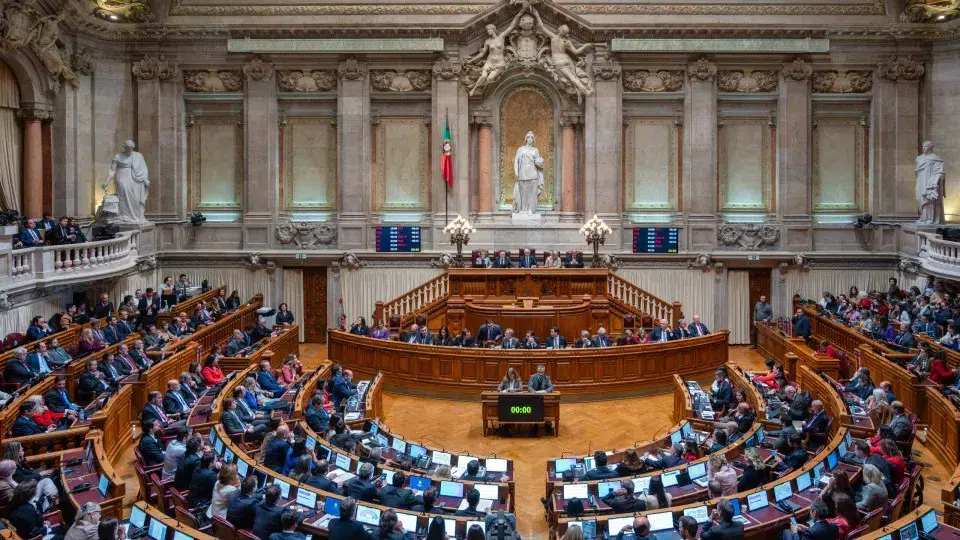
At the entrance to a session at FAUL of the PS regarding the State Budget for 2026 (OE2026), José Luís Carneiro was questioned by journalists about recent statements made by Chega’s leader, André Ventura, suggesting the need for “three Salazares” to end corruption in Portugal.
“It is a serious statement, as well as the posters Chega has just placed around the country. These are posters with messages that incite hatred towards certain social origins of populations living and integrated in our country,” he condemned.
The PS leader calls for relevant authorities, particularly the Public Ministry, to be attentive to messages and the dissemination thereof that violate the values of the Constitution.
“Because it’s the duty of these institutions not to hesitate in activating the mechanisms provided by law to sanction those who harm the rule of law,” he stated.
As for the statements about three Salazares, Carneiro believes they illustrate that there is someone leading a political party who desires a country that once had one of the world’s highest infant mortality rates, highest illiteracy rates, and considerable emigration to escape poverty, absolute misery, and the colonial war.
“It is important for Portuguese people to be aware that there is a political party leader, now a presidential candidate, who advocates for this. Not one, but three Salazares, which would indeed triple the severity of past choices we all remember poorly,” he condemned.
Eight Roma associations are set to file a complaint with the Public Ministry against posters by presidential candidate André Ventura related to their community, and they are considering legal action for their removal.
Speaking on behalf of the eight associations, the vice-president of the Letras Nómadas association noted that constitutional expert Vitalino Canas has acknowledged potential indications of criminality, with the associations gathering evidence for a complaint to the Public Ministry while contemplating a legal injunction.
The concern lies with posters targeting specific communities, including one stating, “Roma must obey the law.”




